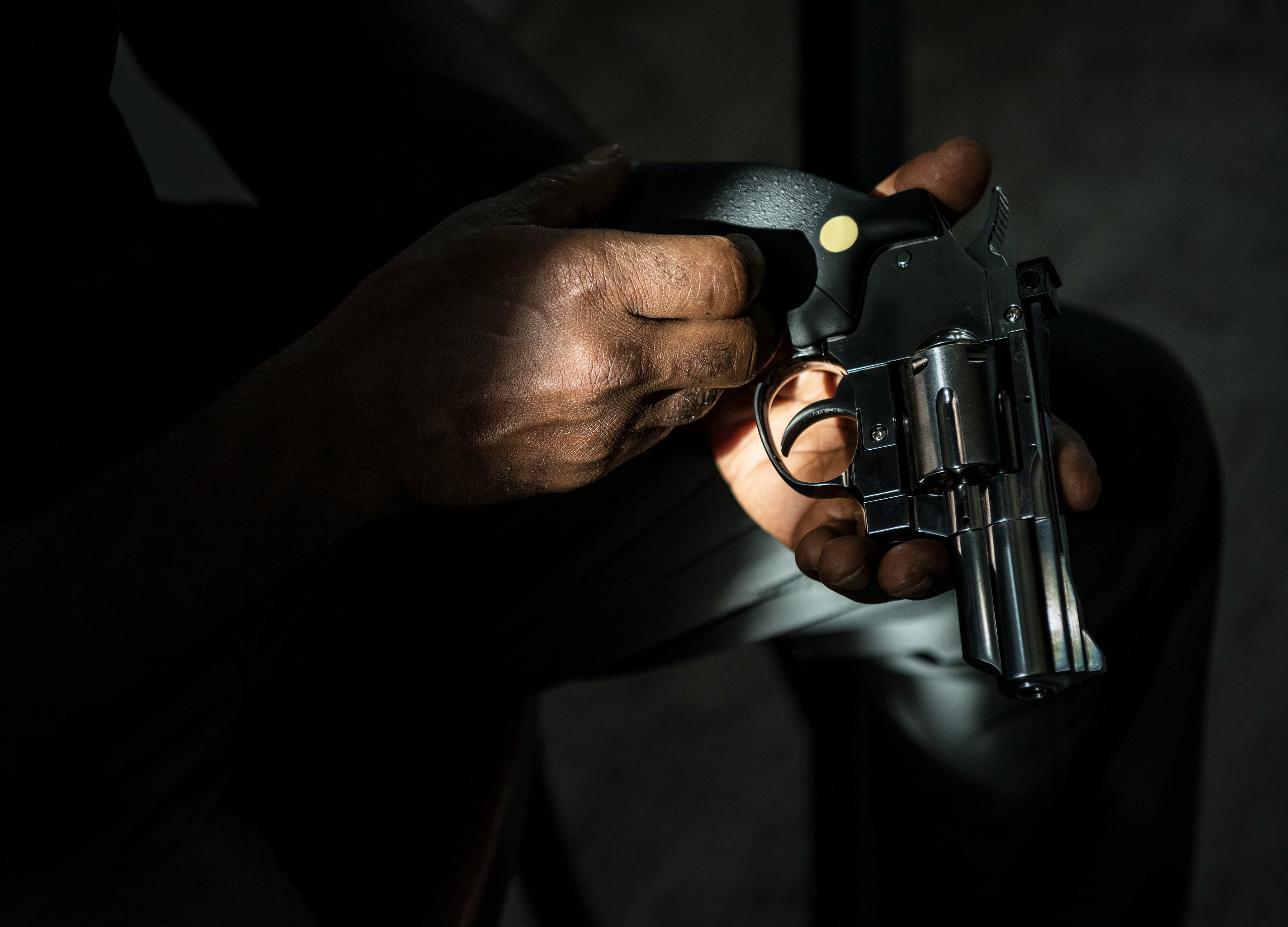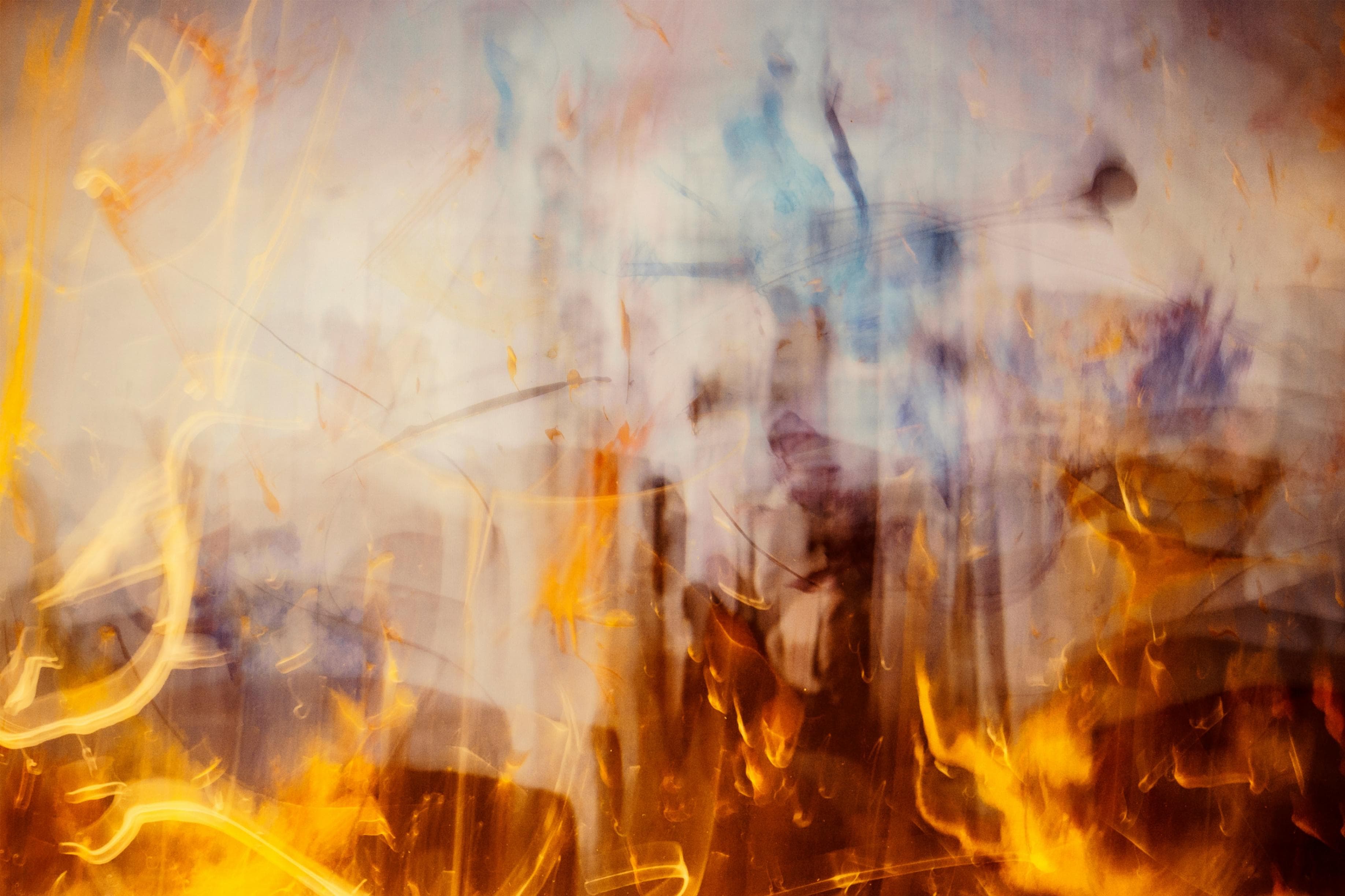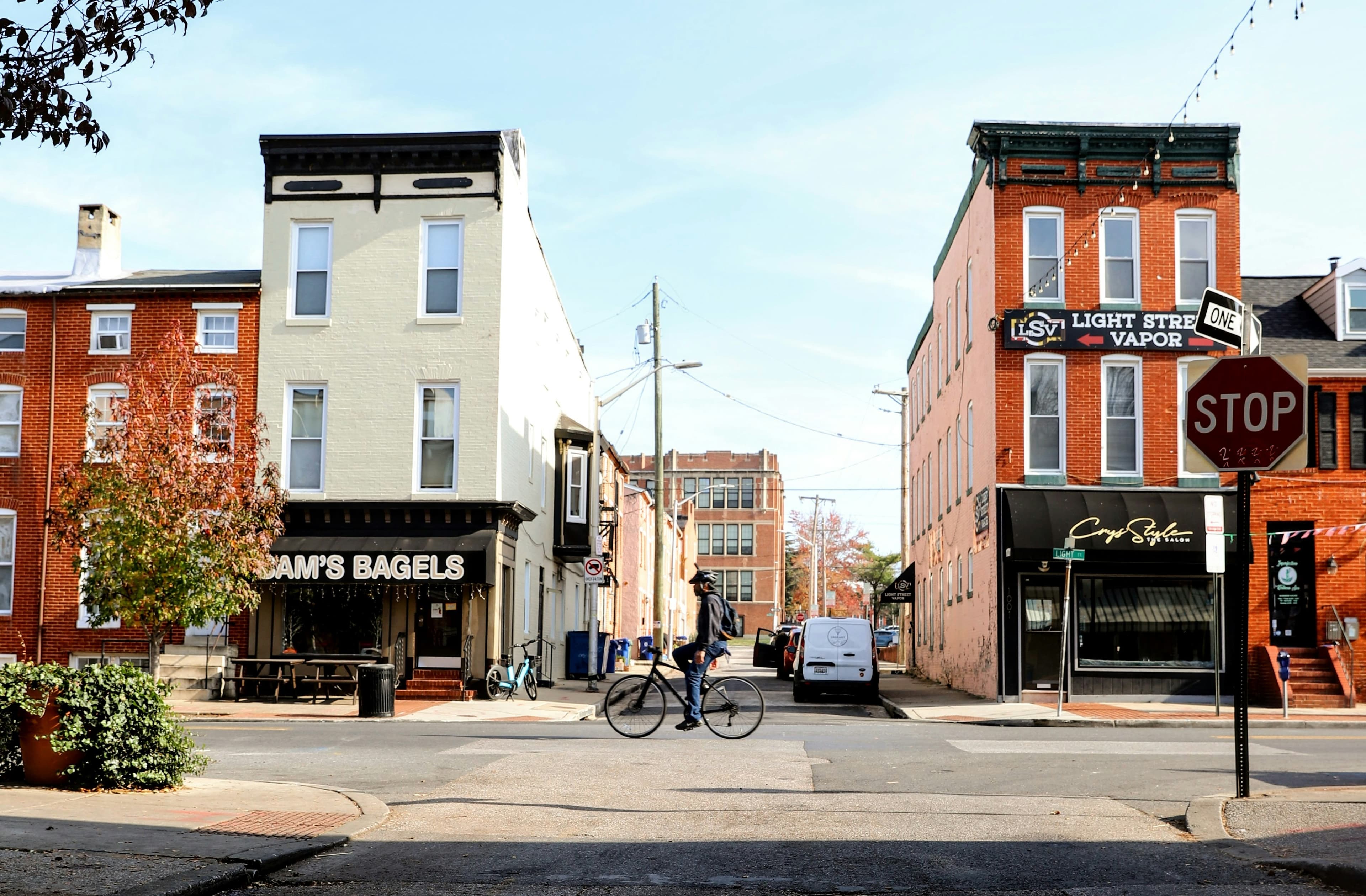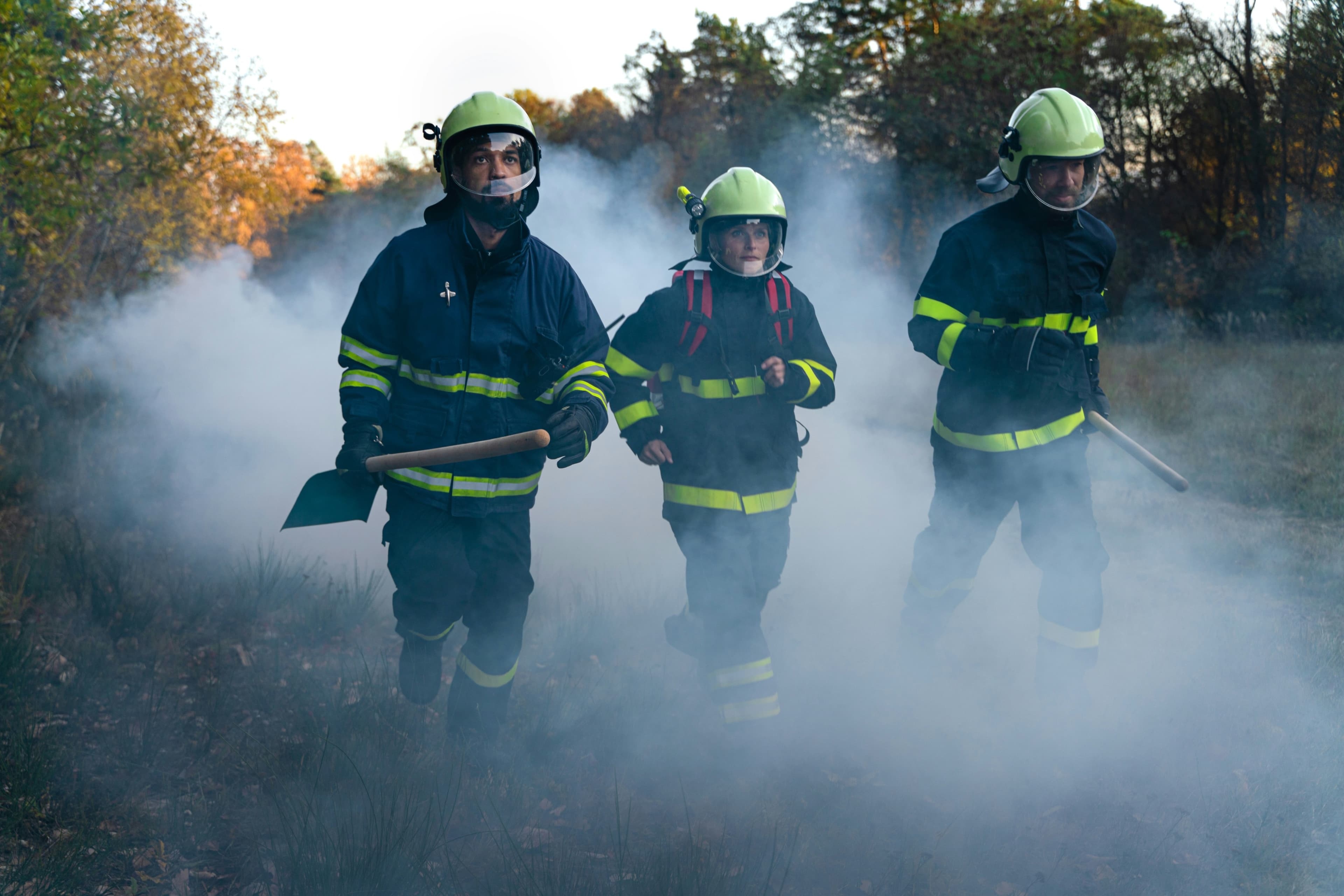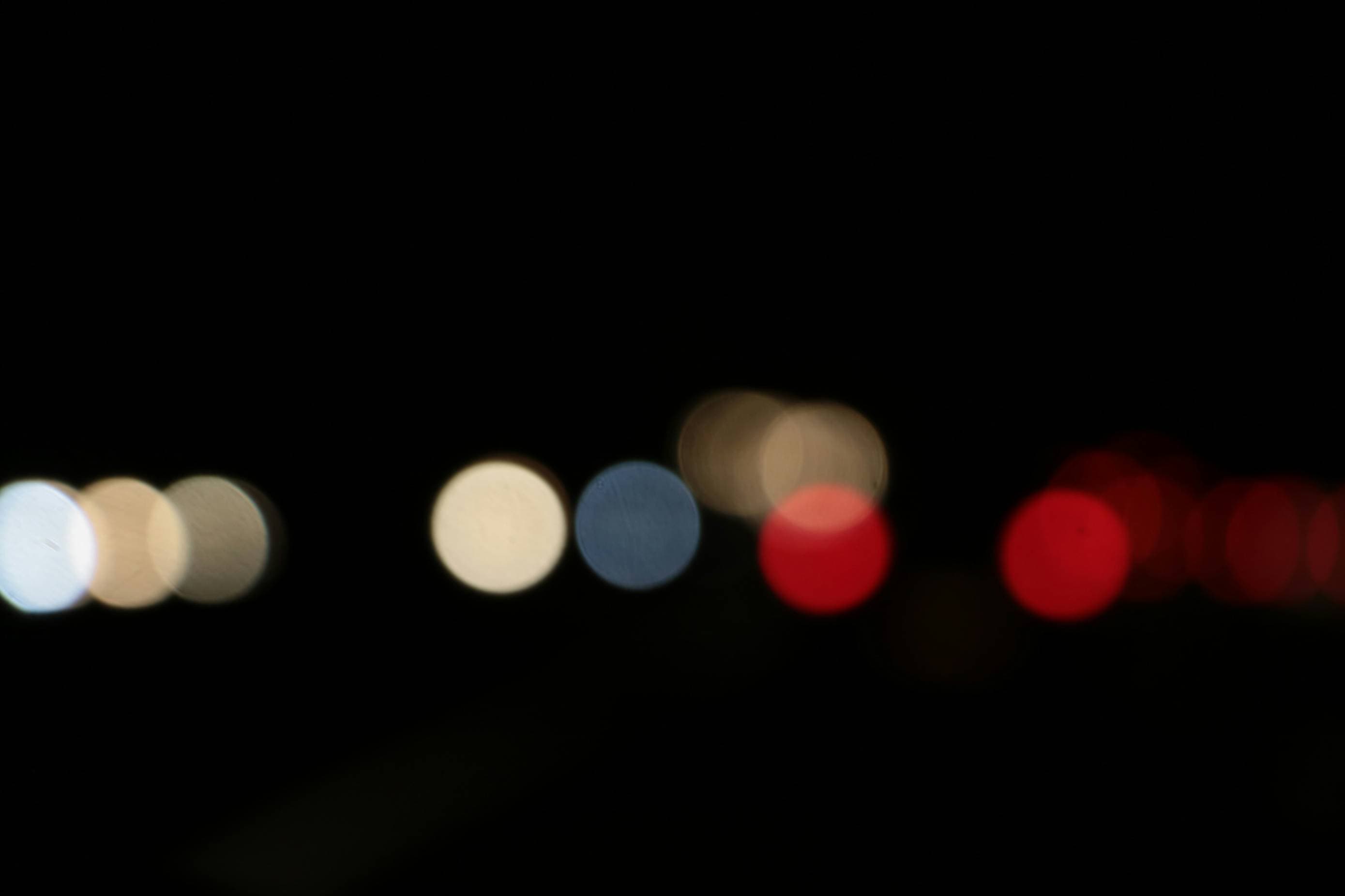
Disguises and Discoveries: My Journey Through New York’s Underworld
When I first stepped into the world of undercover policing in New York City in the early 2000s, I thought I was prepared for anything. I had spent years training—learning the law, mastering tactics, and developing the kind of street smarts you can only get from walking the city’s avenues and alleys. I was ready, or so I believed, to take on the criminal underworld. But the most important lessons I learned during those years had little to do with handcuffs or firearms. Instead, they were about people, about fear and courage, and about the surprising ways that humanity reveals itself in the most unexpected places.
The True Nature of Undercover Work
The reality of undercover work is nothing like what you see on TV. There’s no dramatic soundtrack, no perfectly executed plans. Most of the time, it’s a slow, tense waiting game. You learn to listen more than you talk, to observe without being observed. You quickly realize that the people you encounter are not always who you expect them to be.
What surprised me most, right from the beginning, was how quickly the lines between “good” and “bad” became blurred. I met people who, on paper, were criminals, but in person were just trying to survive. Some were caught up in circumstances beyond their control—poverty, addiction, bad luck, or simply the need to belong. Others were there by choice, but even then, their reasons were rarely as simple as greed or malice. The world I was policing was far more complex than I had ever imagined.
The Night That Changed Everything
There’s one night that will stay with me forever. I was deep into an investigation of illegal gambling in Brooklyn. The setting was a cramped apartment, thick with cigarette smoke and the hum of quiet conversation. About twenty people were crowded inside, some playing cards, others watching from the sidelines. I had spent weeks building trust, learning the rhythms of the place, blending in as just another face in the crowd.
Suddenly, the door slammed open. A man stormed in, gun drawn, his voice cutting through the chatter like a knife. He demanded money, waving the weapon around the room. In an instant, the mood shifted from anticipation to raw fear. I was armed and trained, but my cover was everything at the moment. If I revealed myself, I could put myself in a really bad situation and put many in harms way.
I remember the feeling of helplessness. My heart pounded in my chest, and for a moment, I froze. All the tactical training in the world hadn’t prepared me for the vulnerability I felt in those seconds. I was supposed to be in control, but instead, I was just another potential victim in a room full of them.
Sitting next to me was a man in his forties, someone I had been investigating for weeks. He was a regular at these games, known for his calm demeanor and sharp mind. As the gunman barked orders, this man glanced at me. In that split second, I saw something in his eyes—recogn
Read-Only
$3.99/month
- ✓ Unlimited article access
- ✓ Profile setup & commenting
- ✓ Newsletter
Essential
$6.99/month
- ✓ All Read-Only features
- ✓ Connect with subscribers
- ✓ Private messaging
- ✓ Access to CityGov AI
- ✓ 5 submissions, 2 publications
Premium
$9.99/month
- ✓ All Essential features
- 3 publications
- ✓ Library function access
- ✓ Spotlight feature
- ✓ Expert verification
- ✓ Early access to new features
More from Public Safety
Explore related articles on similar topics

